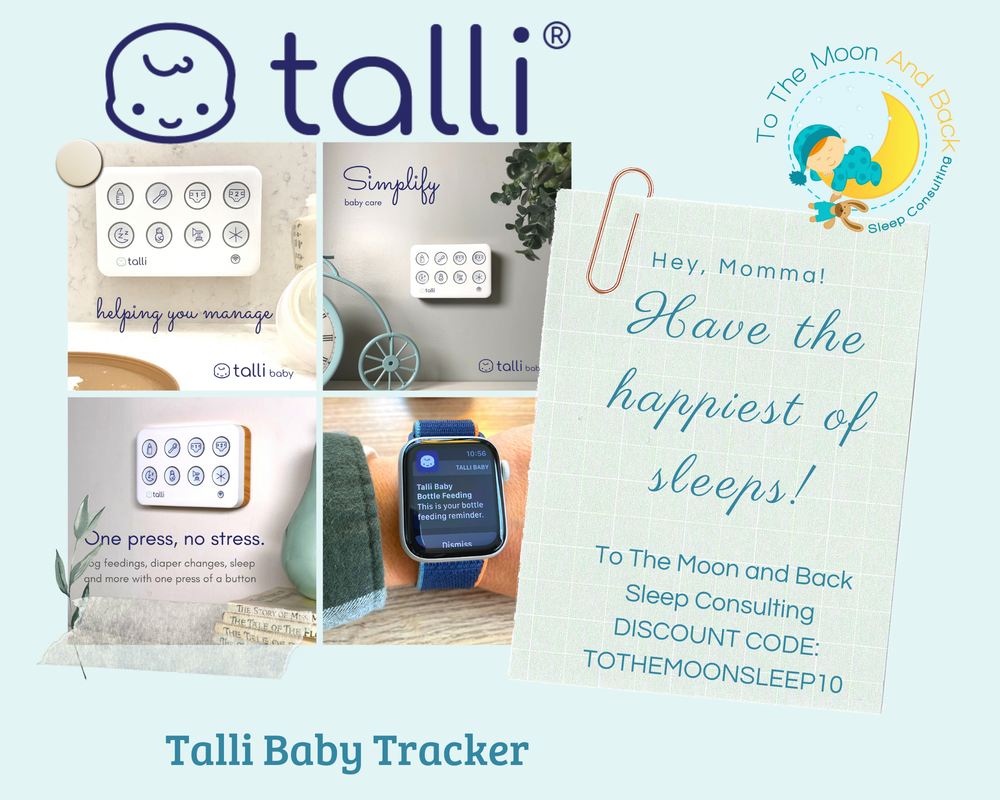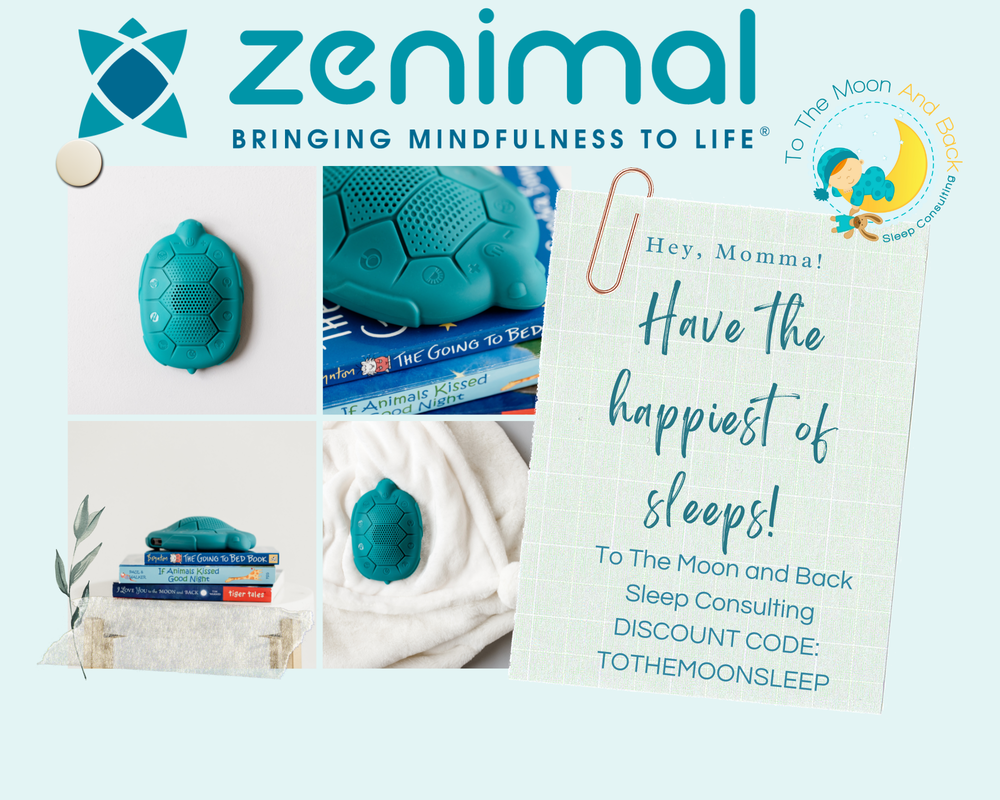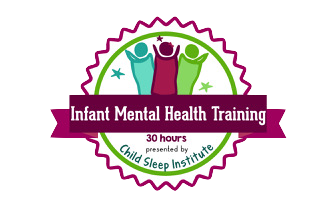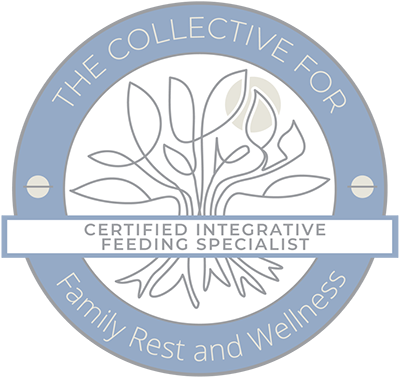Setting Boundaries: The Crucial Role of Consequences for Toddler and Pre-school Development11/1/2023 Introduction Navigating through the often turbulent waters of parenting can be both a joy and a challenge, especially during the developmental stages of toddlers and preschoolers. A significant facet of parenting during these crucial years revolves around implementing consequences and setting clear boundaries for young children. But why is this so important, and how does it impact a child’s development? What are Consequences? Consequences, in the realm of parenting and child development, refer to the outcomes or results that naturally follow a specific behaviour or action. They can be both positive and negative, intended to either encourage or discourage particular behaviours in children. For instance, a child might receive praise (a positive consequence) for sharing toys or experience a timeout (a negative consequence) for hitting a sibling. The Importance of Consequences 1. Development of Self-Regulation: Consequences help children develop self-regulation, which is pivotal for emotional, social, and cognitive development. A study by Eisenberg, Spinrad, and Eggum (2010) highlights the importance of self-regulation in early childhood for adaptability, social competence, and academic performance. 2. Understanding Cause and Effect: Consequences allow children to make the connection between their actions and outcomes, understanding the cause-and-effect relationship. This comprehension aids in developing reasoning skills and moral understanding (Kochanska, Aksan, Prisco, & Adams, 2008). 3. Establishing Security through Boundaries: Boundaries and consistent consequences offer a sense of security. Knowing the limits and what’s expected of them provides children with a safe, predictable environment in which they can explore and learn. Setting Boundaries with Compassion Implementing consequences doesn’t imply harshness. It is paramount to approach boundary-setting with understanding, clarity, and empathy. By explaining the reasons behind the boundaries and expressing love and reassurance even when enforcing consequences, children learn that while their behaviour might not be acceptable, they are always loved and valued. The Natural Outcome: Navigating Through Emotions It’s natural and healthy for children to exhibit a range of emotions in response to consequences, including sadness or frustration. Being upset about a consequence is a part of understanding its impact and making different choices in the future. As parents, it’s essential to validate their emotions and offer comfort while staying firm in enforcing boundaries. Dr. Becky Bailey, an expert in childhood education and developmental psychology, emphasizes the importance of recognizing and validating children’s emotions while maintaining consistency in enforcing consequences. Assuring Parents: Consistency is Key It’s crucial to acknowledge the emotional labour involved in consistent parenting. Enforcing consequences and watching your child navigate through those difficult emotions can be challenging. But remember, by doing so, you’re nurturing a secure and stable environment that will foster resilience and emotional intelligence in your child. Conclusion Implementing consequences and establishing clear boundaries for toddlers and preschoolers isn’t just a disciplinary action. It’s a carefully crafted tool that aids in sculpting their understanding of the world, enhancing their emotional intelligence, and fostering an environment where they can thrive and navigate through life’s challenges effectively. Rest assured, dear parents, your consistency and loving boundaries pave the way for their fruitful future. References Eisenberg, N., Spinrad, T. L., & Eggum, N. D. (2010). Emotion-related self-regulation and its relation to children’s maladjustment. Annual Review of Clinical Psychology, 6, 495–525. Kochanska, G., Aksan, N., Prisco, T. R., & Adams, E. E. (2008). Mother-child and father-child mutually responsive orientation in the first 2 years and children’s outcomes at preschool age: Mechanisms of influence. Child Development, 79(1), 30-44. Bailey, R. A. (2001). Conscious Discipline: 7 Basic Skills for Brain Smart Classroom Management. Oviedo, FL: Loving Guidance. AuthorErin Neri - Certified Pediatric Sleep Consultant and Owner of To The Moon and Back Sleep Consulting since 2016. With the holidays quickly approaching, parents who have recently gotten their babies, of any age, sleeping on a schedule are often worried that their little ones' sleep will regress over the Holidays.
I can assure you that those fears could not be more real. Many families struggle with severe sleep deprivation for a very long time due to the "blessing" of having a child (or two like I was) that lacks healthy independent sleep strategies. So, finally getting your whole family into a routine that works. Finally moving from being severely sleep deprived into a family that is becoming well rested. Trust me everyone inside that little family unit wants to protect their new found sleep including the little one who is finally able to sleep. When little ones finally FEEL what it feels like to have the sleep that is needed for healthy growth and development they don't want their schedule messed with either. Between the travel, excitement, and constant attention of family and friends, holidays are the easiest way to throw all of your hard work out with the wrapping paper. But fortunately, it doesn't have to be that way! With some strategic planning and an iron will, you can keep that carefully orchestrated routine running right on schedule. There are two major impediments to maintaining your kiddos routine over the holidays. One is travel, and the other is family and friends, so I want to tackle both of those topics individually. First, we will cover the travel portion... The newborn phase is the most intense getting-to-know-you you’ll ever experience, as you attempt to figure out what your tiny human needs for sleeping and feeding. Will they have a reliable schedule or routine? Probably not. Newborns sleep a lot. Or they don’t. Or they sleep really well during the day and are ready to play from midnight to dawn with the occasional catnap. Sometimes they feed All. The. Time. And often they switch things up, just when you think you’ve finally got an idea of what to expect.
Still, many parents find it helpful to have a rough idea of a schedule and what could be coming, week by week. Here’s what to keep in mind when it comes to sleep, wake times, feeding and diaper changes in the first four weeks. Now that you’ve made it through the “fourth trimester” and all the ups and downs that come with it—welcome to months four and five! When your baby is around five months old, you will probably see more of a schedule with dedicated nap times—usually two naps a day. Many parents also find that on-the-go napping comes to an end around five months, as your kiddo needs their own quiet, dark space to settle down to snooze. Sleeping for 12 hours a night is becoming a possibility, even if you’re not there yet. “A four-month-old or five-month-old often needs a feeding at night, but around six months, if they’re growing on their curve and everything is fine health wise, then there absolutely is that ability to sleep 12 hours,” says Erin Neri, a certified pediatric sleep consultant in Sherwood Park, Alta.
I have always been fascinated with home remedies.
Try rubbing aspiring on a bee sting! Quiet a colicky baby by running the vacuum cleaner! Swallow a teaspoon of sugar to cure your hiccups! I’m sure this fascination came from having an amazing grandmother who always recommended such things and being somewhat of a sickly kid myself. LOL! However, I know I am not alone in the quest for "natural remedies" after all there are a ton of books on the subject still available on Amazon today. One of the big selling points of cures like these is that they’re “natural.” Many people feel like their doctors are too quick to prescribe medications and feel like it's because of big Pharma kickbacks. People don't always want to a lab- designed chemical to solve the problem. They like the idea of using something readily available in nature. You know. Like penicillin. I should stipulate here that I’m not anti-pharmaceutical, nor am I anti-homeopathy. I feel that health decisions are something that should be carefully considered by the individual with the advice of their doctor. If probiotics improve your gut health, I say go for it. If you need serious medication to for a heart condition, then you should probably take that as well. However, anything you’re going to put in your body, and every bit as necessary, your child's body, should be evaluated for its efficacy and possible side effects, which is why I want to talk about melatonin again. A lot of homeopathic experts has touted melatonin as a safe, natural way of helping people get to sleep, and in many ways, that very is true, but there's a whole lot more to understand about it before you take it yourself or give it to your child. |
To The Moon and Back Sleep ConsultingProviding families the tools & support they need to get their little ones sleeping through the night and napping like champs! Everyone has more fun when they are well rested! Visit Wollino - Discount Code: TOTHEMOONANDBACK10
Browse
All
|
All information provided on this website, including texts, images, and other materials, are for informational purposes only and should not be considered a replacement for assessment or treatment by a healthcare provider.
© COPYRIGHT 2016-2024 TO THE MOON AND BACK SLEEP CONSULTING. ALL RIGHTS RESERVED. WAKING GIRL WEB DESIGN
© COPYRIGHT 2016-2024 TO THE MOON AND BACK SLEEP CONSULTING. ALL RIGHTS RESERVED. WAKING GIRL WEB DESIGN

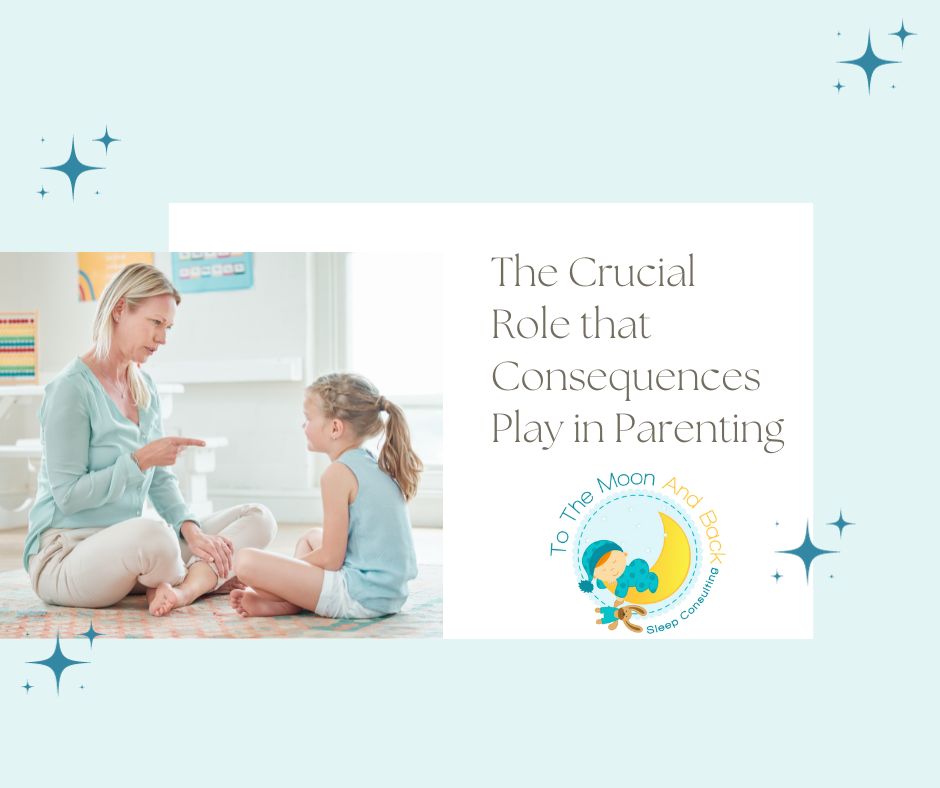




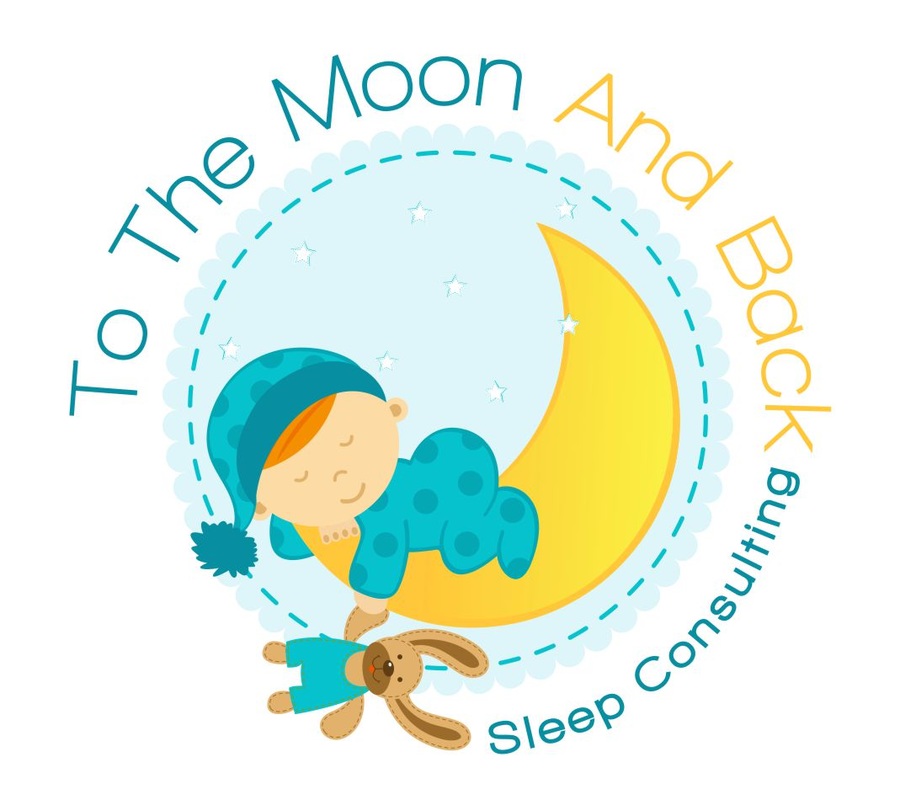
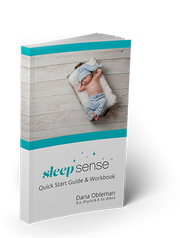
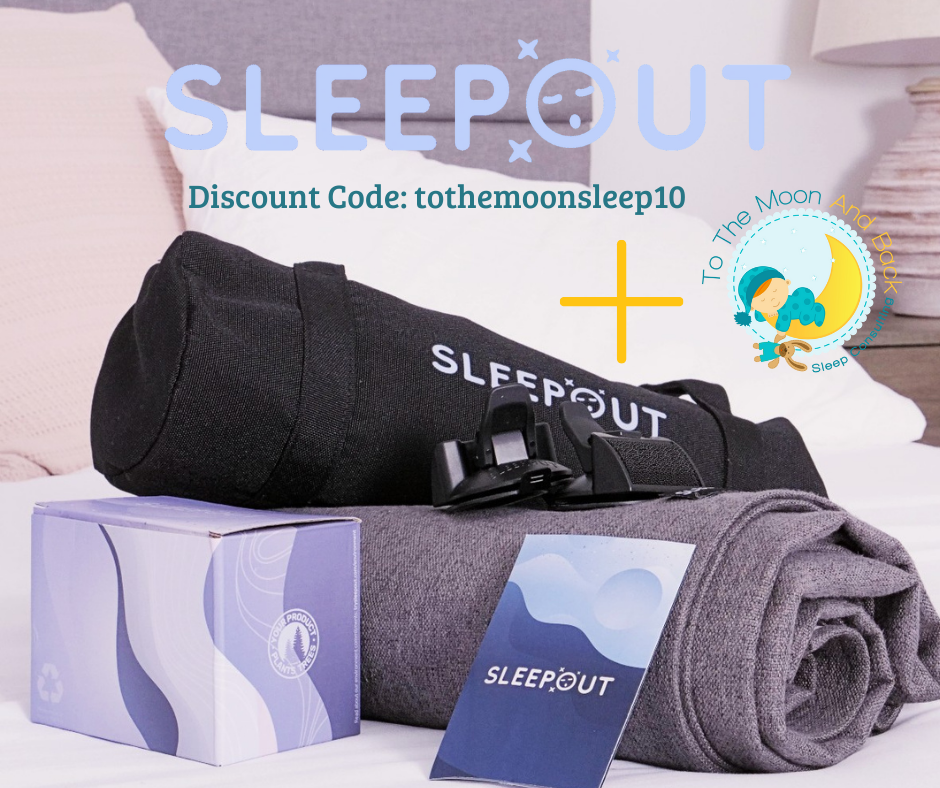


 RSS Feed
RSS Feed

